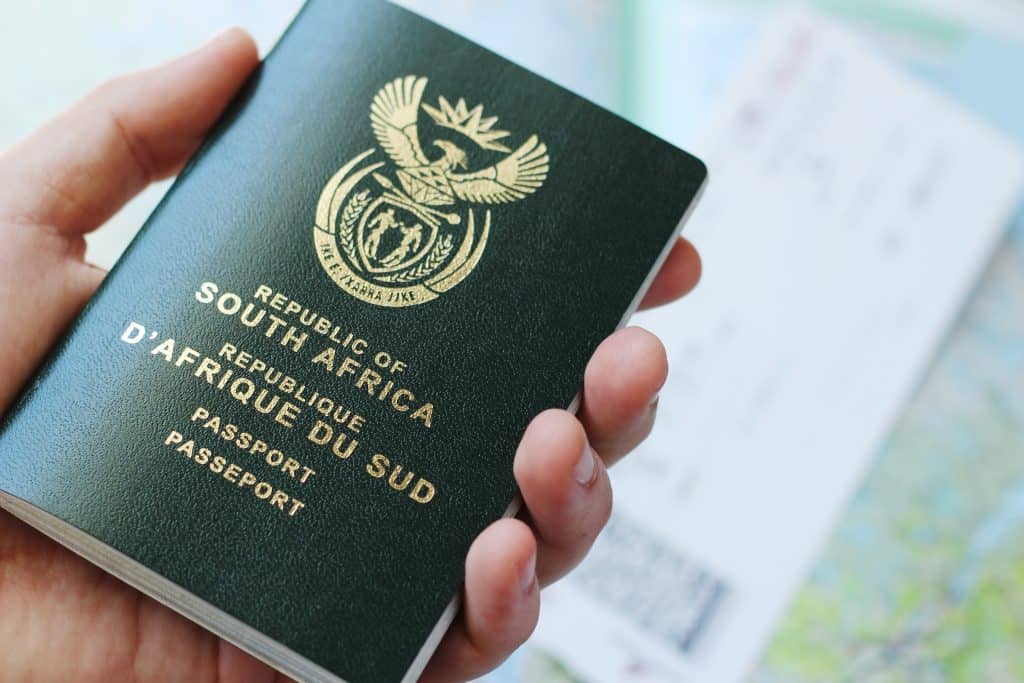1. Look at the visual appearance of the website. Does the website, photos and headings look professional or amateurish?
- Is there a bunch of articles at the bottom of the website that encourage you to click on them? Many websites make money through the number of clicks and like to place stories with headings and graphics that lure you to click. Parts of the story is then true. Therefore, read past the heading that lures you and look at the content.
- Pay attention to the date of the article. Many articles are as old as the hills, but social media breathes new life into them.
- Pay attention to the source address (URL) of the article. If it ends in something strange such as .LO or .com.co, suspect that all might not be well.
- Sometimes an article is deliberately satirical or just exorbitant so that it can be read many times.
2. Look at who is cited as the news source for the article. In Afrikaans, look for Maroela Media, Netwerk24 or other news sources that are well known. In English, look for News24, IOL, SABC or ANA.
- The existing media in South Africa is generally credible. With the new demand to compete against the speed of social media, mistakes can however creep into articles.
- Is the article copyrighted?
- Sometimes you have to first register before you can read a story. Ask “Why?”.
3. Look at what the website domain ends in. Sometimes it gets a .com at the end to imitate other existing websites. If it has a .co.za domain, look on http://co.za/whois.shtml in whose name the domain is registered and how long the domain name has belonged to the current owner.
- Be careful with Facebook and Twitter shares and articles without a link to a credible source.
4. Look at the “Contact us” section on the website. Trusted websites are not shy to provide detailed contact information.
5. With fake news, there is often no journalist/author name. If a name does appear, look at other stories written by the same journalist. Also look at the journalist’s Twitter profile and whether the person actively follows news events.
- The journalist/author must therefore be a real person (not an alias) and have written credibly about a range of other subjects in the past.
6. What is the style of the article? Fake news likes to only promote one side of a case and sometimes make exorbitant assumptions or has an emotional nature. Is the article balanced?
- Does the content of the article correspond with what you already know of the subject?
- Does the information in the article make sense?
- Look at the graphics and photos in the article. Then search similar photos on Google and see if it is used with other articles.
7. Are there spelling mistakes in the article or are uppercase letters used unnecessarily? Is the language use in the article on standard?
8. Look at sources and quotes that are supplied in the article. Do the sources correspond with related articles?
- If there are links along with the sources, look at the sources.
9. Look at related articles to see if the facts and sources correspond.
- Look at your personal bias on a subject and if it has an influence.
10. Think critically about the article. Read more on the subject.
This article was compiled by Reint Dykema, Knowledge Manager at AfriForum
























